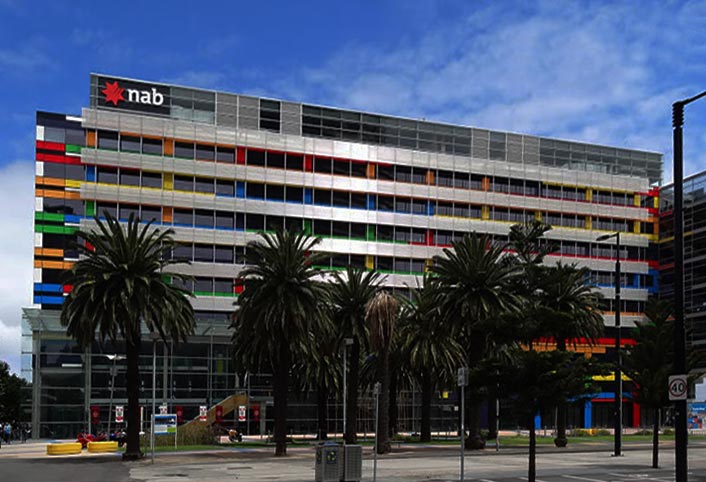The following opinion piece by NAB Group CEO Andrew Thorburn was first published in the Herald-Sun on 15 May 2017:
Australians make choices every day as to how they balance their own budget, managing their income with the bills they have to pay.
For a family that means if the price of groceries or electricity goes up, they have to decide how those costs will be borne. There is no magic solution to fill the gap – choices have to be made about what to spend less on, what things to go without.
It is the same for any business, large or small, such as a builder, a hairdresser or a coffee shop owner. If their costs go up (or they have more tax to pay), they too need to find a way to manage those costs against their income.
In reality the options are limited.
They can charge more for their services.
They can invest less in the training and development of their employees or make the tough decision to have fewer employees.
Or, as the owner of the business, they can accept less profit in return.
A bank is no different.
When our costs go up we must decide whether to reduce what we spend with suppliers. These include the people who own the properties we lease as branches and business centres; the agencies we pay to advertise our services or the companies that provide and help manage our technology
Or we can increase the rates we charge borrowers or reduce the rates we pay savers.
We must decide whether to invest less in new products and services, or less in our employees – all 34,000 of them who live and work in the communities they serve right across Australia
Or we can decide to return less to our shareholders. These are every day Australians who own shares in the bank either directly or through their super fund
Last week the Federal Government announced how it plans to balance the national budget. We agree on the need to return to surplus – but this must be done carefully and with long-term planning and consideration of the consequences.
So, while the new tax on the major banks might seem an easy solution, the fact is the cost of this tax will be borne by people.
That is because a bank is made up of the everyday people listed above: our customers – the savers and borrowers; our suppliers, our employees and our shareholders.
That is who “the bank” is.
In response to the new tax – $6.2 billion over four years, on top of the billions of dollars already paid by the major banks – it is wrong to state it can simply be absorbed.
The reason is simple. As any family or small business knows a tax is a cost, and a cost must be passed on somehow. No cost can be “absorbed” – even if a family or business is successful and doing well.
It is right to say Australia’s banks are strong and profitable.
And that is a good thing – because strong and profitable banks are vital to the health of any economy.
It means that we can continue to lend to Australian businesses to grow, and to provide loans to people to buy their own home. It allows us to pay our suppliers and our employees; and invest in our own business so we can be better.
But the vast majority of bank profits – in NAB’s case about 80 per cent – are returned to our shareholders twice a year in dividends (the rest is retained to invest in improving the bank and as capital to allow further lending).
So when people say the banks can afford the new tax and don’t have to pass the cost on, they must mean that the millions of retail shareholders – everyday Australians – who are the owners of our major banks can afford it.
For NAB alone, there are about 570,000 direct owners in our company. About 174,000 are Victorians who live in communities like Sunshine, Preston, Mildura and Warrnambool.
Another 161,000 people in New South Wales own shares in NAB, a further 84,000 Queenslanders, 71,000 West Australians, 34,000 people in South Australia, 8500 in the ACT, 6500 in Tasmania and 1500 in the Northern Territory.
Many of these are mums and dads, retirees and pensioners who hold small parcels of less than 1000 shares.
The income these shares pay – $1.98 in dividends for every share, fully franked, last financial year – help these Australians manage their household budgets.
Then there are the millions more Australian workers with superannuation who own shares in the major banks through their super fund.
This new tax will hit all these groups. For all of them it represents a potential pay cut, now or in retirement.
Banks exist to serve and support their customers – the borrowers and the savers. They provide jobs to more than 150,000 employees, and work and opportunity for countless suppliers. They are owned by millions of every day Australians.
The cost of this new tax will be borne by all these people.


2 thoughts on “All Taxes Are Paid For By Everyday People”